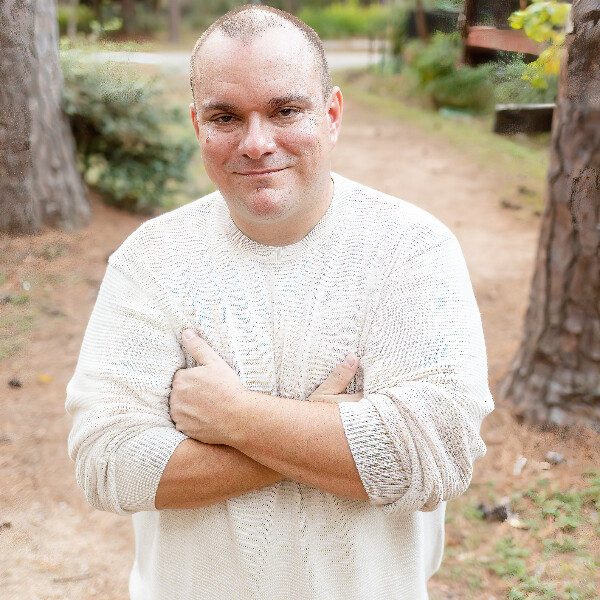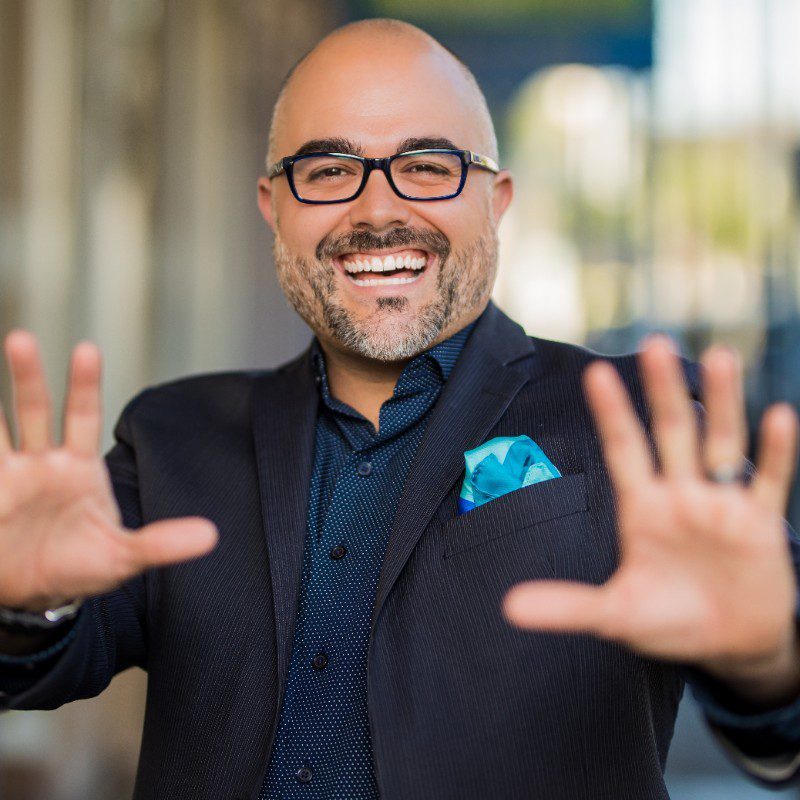Professional Boundaries With Our Vulnerable Patients
Why are professional boundaries so important?
First let’s define “professional.” Being professional means being reliable, setting your own high standards, and showing that you care about every aspect of your job. It is about being industrious and organized and holding yourself accountable for your thoughts, words, and actions.
That definition can apply to any job.
In this instance I am using the word professional in reference to employees of the healthcare system (doctors, nurses, social workers, home health agencies to name just a few) who are present to address healthcare issues.
We enter peoples’ lives as professionals. We are knowledgeable, supportive, caring, and personable. However, we are not best friends; we are not even friends, really.
When we, professionals, enter our clients’ lives they are very vulnerable. They are scared, insecure, even fragile. They may see us as their rescuers, their saviors, and project those feelings on us. These feelings come from an emotional place, not an intellectual place.
It is our job as professionals to maintain the line of professionalism. At some point our work with any given patient and family will be done. Our work will have us move on. We want the patient and family to be independent of our presence, not relying on us from an emotional place.
Something More… about Professional Boundaries With Our Vulnerable Patients
When we offer education to our patients and families we are giving them tools to face their situation more confidently. We give them independence to make decisions about their diagnosis. We offer end of life resources that will support those who have been diagnosed with a terminal illness. Our bundle, End of Life Guideline Series, is particularly helpful to patients and their family caregivers.
Originally Published on https://bkbooks.com/blogs/something-to-think-about



























Already a Member? Login Here.
Not Yet a Member? Join the Conversation Today!